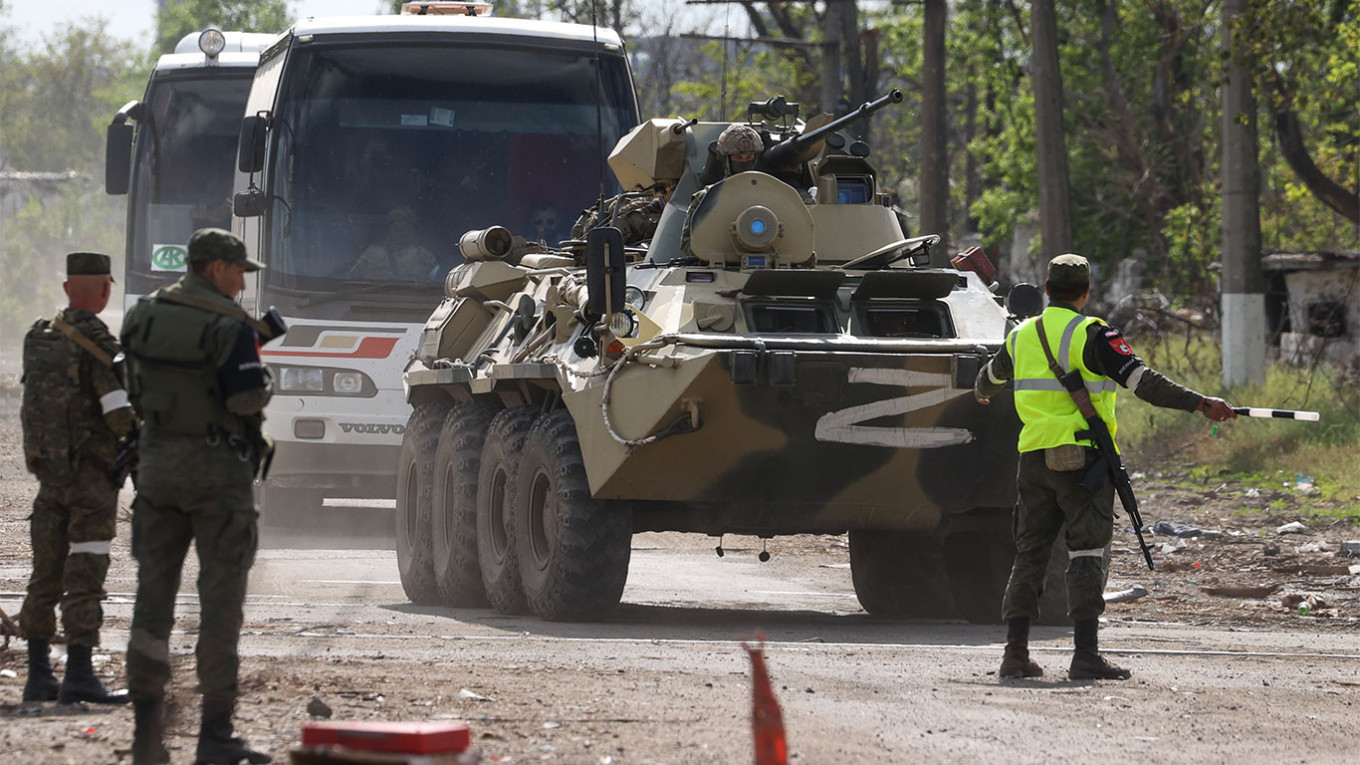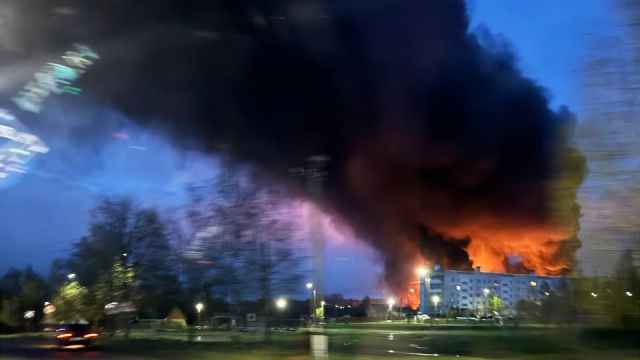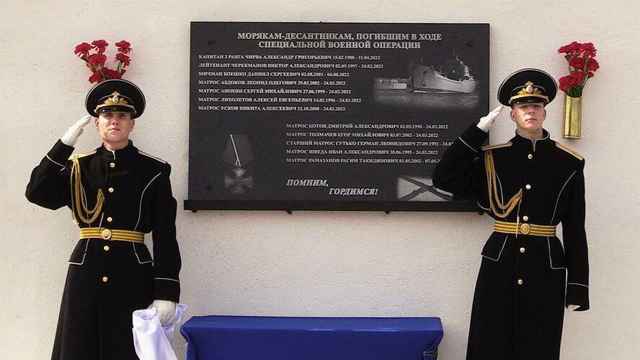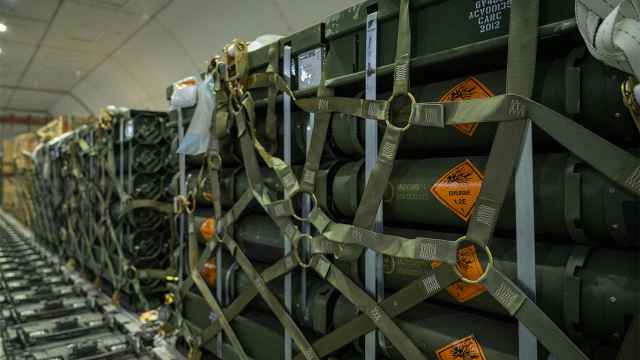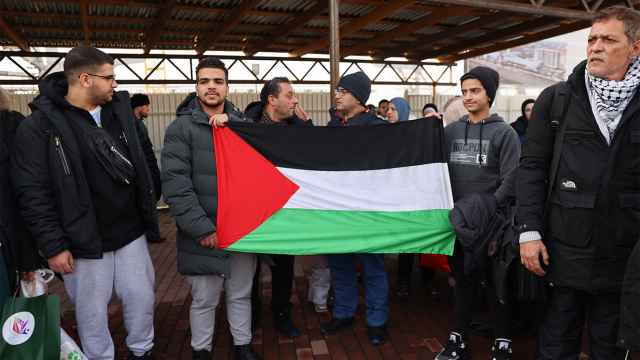The mothers of Russian soldiers killed in Ukraine last week have accused pro-Kremlin war correspondents of causing their deaths by revealing their positions, a BBC Russian service journalist said Thursday.
The mothers said Ukrainian artillery shelling killed at least five soldiers and heavily wounded three others after the Izvestia daily published a field report on Russian tanks firing at Ukrainian positions on June 30.
“This happened as a result of [war correspondents] declassifying the location of military equipment and personnel in the video,” the mothers wrote in a letter shared by BBC Russian journalist Ilya Barabanov.
Neither the letter nor Izvestia’s report named the location of the alleged Ukrainian attacks.
The mothers’ letter addresses the head of the Committee of Soldiers’ Mothers branch in southern Russia’s Astrakhan region, where the unit that came under attack is based.
It calls on the NGO to petition Russian Defense Minister Sergei Shogu to ban the work of war correspondents embedded with Russian and pro-Moscow separatist units on the battlefield.
“We demand immediate measures to prohibit the activities of war correspondents in areas of active combat operations,” the mothers wrote.
Russia’s Defense Ministry has not commented on the letter.
The ministry last updated its official death toll in Ukraine in late March, with 1,351 confirmed fatalities.
The independent iStories investigative outlet said it verified 4,267 deaths of Russian soldiers since Moscow invaded Ukraine in late February.
Ukrainian and Western intelligence have estimated that Russia's military death toll is significantly higher.
Ukrainian senior presidential aide Mykhaylo Podolyak said this week that up to 115,000 Russian soldiers have been killed or wounded in the four-month campaign.
A Message from The Moscow Times:
Dear readers,
We are facing unprecedented challenges. Russia's Prosecutor General's Office has designated The Moscow Times as an "undesirable" organization, criminalizing our work and putting our staff at risk of prosecution. This follows our earlier unjust labeling as a "foreign agent."
These actions are direct attempts to silence independent journalism in Russia. The authorities claim our work "discredits the decisions of the Russian leadership." We see things differently: we strive to provide accurate, unbiased reporting on Russia.
We, the journalists of The Moscow Times, refuse to be silenced. But to continue our work, we need your help.
Your support, no matter how small, makes a world of difference. If you can, please support us monthly starting from just $2. It's quick to set up, and every contribution makes a significant impact.
By supporting The Moscow Times, you're defending open, independent journalism in the face of repression. Thank you for standing with us.
Remind me later.


